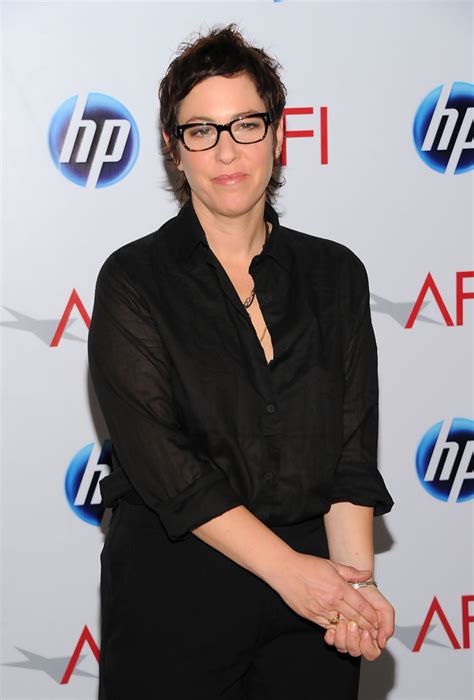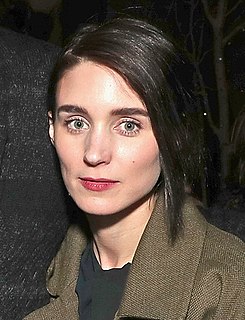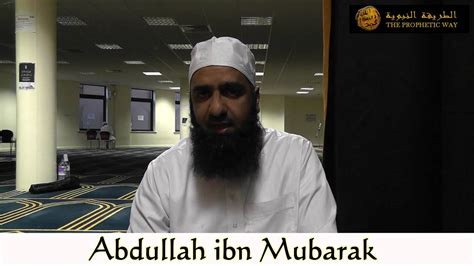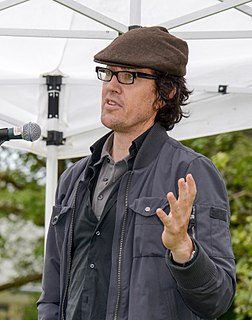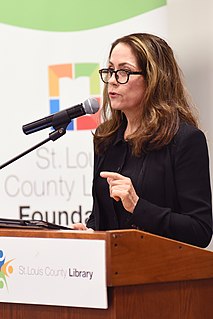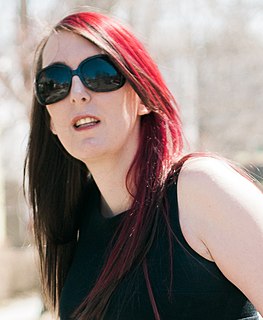A Quote by Lisa Cholodenko
In May 2006, I had our son, Calder. I spent the next couple of years learning how to be a mom.
Related Quotes
My parents separated when I was young, and as a result, my father had to learn how to braid our hair on the nights my sisters and I would stay with him. We would arrive to school the next morning with these incredibly endearing lopsided braids he had fashioned. This may have expedited the process of my learning how to braid my own hair.
A few years ago, I was trying to buy a piece of land next to a house I had in Newfoundland. I discovered that the plot had been owned by a family, and the son had gone off to World War I and been killed. It began to interest me: What would have happened on that land if the son had lived, had brought up his own family there?
My mom, for most of her life, was a Holocaust denier. And it was terrible for the entire family to have to deal with until, finally, a couple years ago, we had an intervention. And we had a rabbi come into the home, had him walk her through the history of the Jewish people, and then he made her watch "Schindler's List." And after that, my mom did a complete 180. Now she can't believe it only happened once.
The library was home away from home to my mom, and my family. We had spent every Sunday afternoon there since I was a little boy, wandering around the stacks, pulling out every book with a picture of a pirate ship, a knight, a soldier, or an astronaut. My mom used to say, "This is my church, Ethan. This is how we keep the Sabbath holy in our family.
The rest of the world cares about how we conduct our affairs because they then take that lead. We're the only leader in the world today. Some are wishing us well, others think that we're down and are not going to get back up again, but they are all watching with great interest to see how we conduct our business over the next couple of years.
